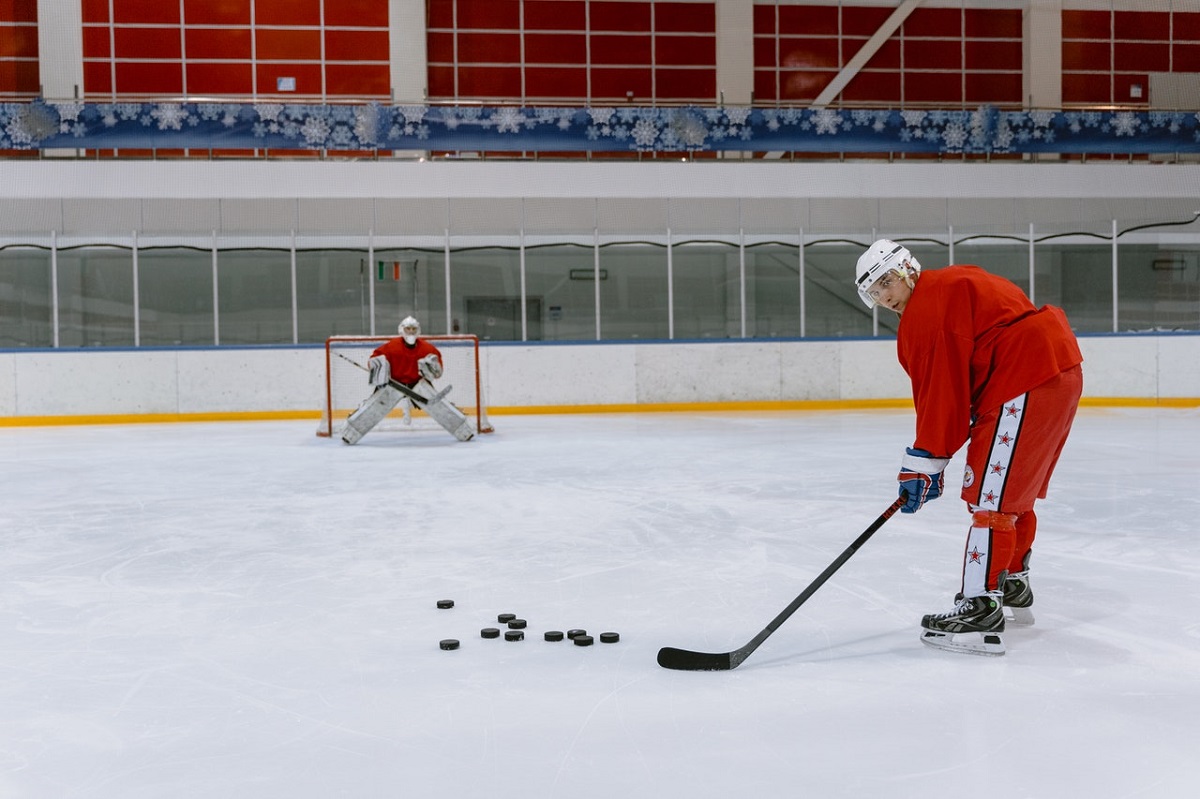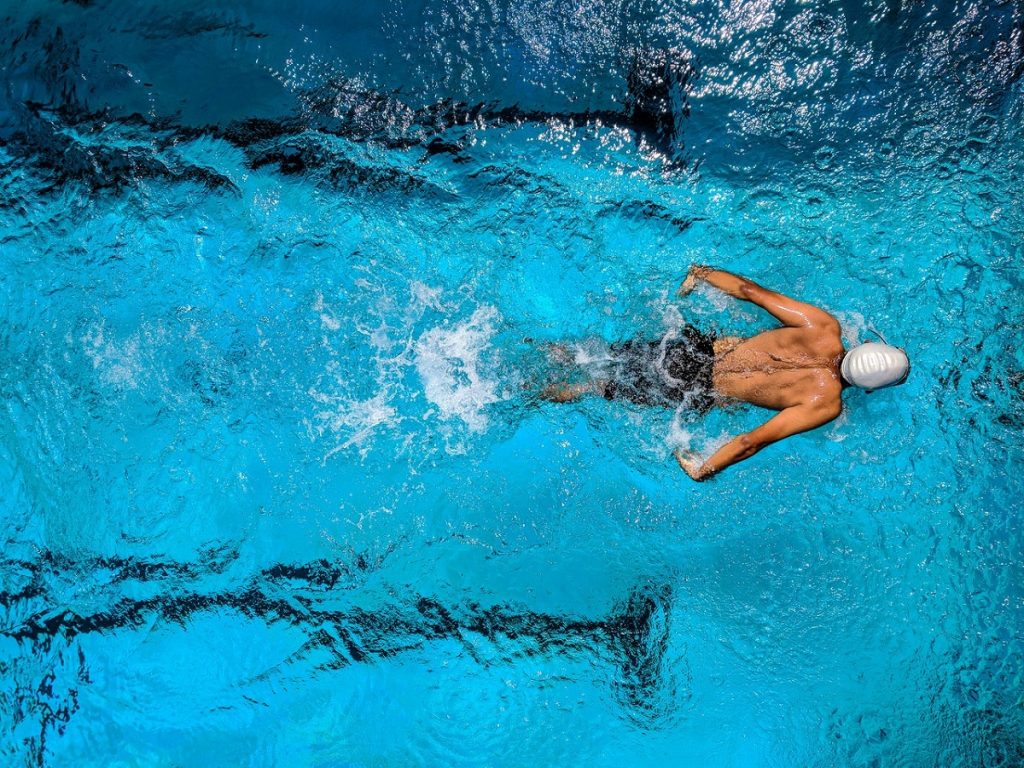Hands down, the Olympics is the world’s foremost sports competition. The Japan Olympics may not be as grand as the last Olympic years before, thanks to the virus, but it’s one spectacle watched all over the world. To date, over 200 countries fight for gold in these games — a truly immense feat considering the forerunner of these events started in 776 BC as a tribute to the deity Zeus.
True enough Olympic’s motto Citius, Altius, Fortius (Latin for Faster, Higher, Stronger) has seen the strongest and the fastest compete. And if there was one Olympic athlete that is the ‘fastest human’ on the planet, that distinction goes to the 6 foot 5 inches tall Usain Bolt. The Jamaican has won an unprecedented eight gold finishes in the Olympics and holds the world record for both the 100-meter (9.58 seconds) and 100-meter sprints (19.19 seconds) up today.
Bolt is a living legend, no doubt. But while mental toughness is one asset he’s mastered, the 34-year old retired sprinter makes it a habit to take supplements.
Indeed, you’d be in a better position to deliver results if you add supplements to your routine as a competitor and a sports buff. You may not be able to compete and win gold in the Olympics but you can be sure you’re giving it the best version of yourself when you do supplements. Here’s how.
B Vitamins
Energy is key in any athlete’s performance. And B vitamins can be just the energy booster you need in this case. Capable of aiding in the metabolism of the body’s fats, carbohydrates, and proteins, this vitamin is essential in the release of the body’s overall energy. Think of them as energy catalysts.
B-vitamins are a group composed of eight water-soluble vitamins. Studies have shown they are not only prevalent in energy production but also boost the functions of the brain.
Even better this vitamin group is vital for the body’s neurological and physiological functioning. Key B vitamins are:
- Niacin
- Vitamin B-6
- Vitamin B-12
When an athlete has a vitamin B-12 deficiency, he’s bound to feel tired and weak. Take note that the body, by itself, cannot produce ample quantities of vitamin B. Additionally, getting them from supplements is wise as our daily intake may fail to provide the needed amount for the body. Vegans, for one, may easily be deficient in vitamin B-12 as this is prevalent in animal products.
Iron
The market is flooded with an army of choices when it comes to supplements. Indeed, not every vitamin and mineral product that comes out for sale is created equal. In this regard, it’s best to check the label and look for FDA certification. Any health claim by a dietary supplement is also monitored by the Federal Trade Commission (FTC). It’s important that you ensure you’re only taking quality supplements so you won’t compromise your sports career.
Knowing who manufactured the supplement is vital. Entrepreneurs often partner with private label supplement makers to realize their health concepts into sellable products. The best private label supplement manufacturers not only have their products FDA certified but also have third-party quality assurance certifications. A good example here is the Yellow Emperor, a highly successful private supplement maker with a solid reputation.
Research shows an iron deficiency in athletes can lead to poor performance. Though male athletes can suffer from this, more often than not, this deficiency sabotages female athletes, most especially those engaging in endurance sports. Worse, a Swiss study shows more than half of teenage female athletes suffer from iron deficiency.
In the world of competition where fractions of a second can determine a win, iron deficiency can be a deal-breaker. It can mean reduced endurance in female athletes, in the process increasing the expenditure of energy. Taking supplements, therefore to combat iron deficiency should be spot-on.

Calcium and Vitamin D
Both vitamin D and calcium are essential in helping the body bring about healthy teeth, bones, and muscles. That can certainly mean in the field of knowing who is the fastest and the strongest, both these supplements are essential. Without strong bones and muscles, how would an athlete compete?
Though calcium can be obtained from food (e.g., milk and other dairies, leafy greens), these products are not always available. Supplementation, therefore, is key.
CoQ10
Coenzyme Q10 may have a strange name. But it has an essential function in sports. Research reveals low supplies of CoQ10 are directly connected to increase fatigue in athletes. This enzyme exists in our body’s mitochondria (our cell’s powerhouse) and is essential in the generation of energy.
You’d be surprised at the health complications associated with CoQ10 deficiency. Some of these are:
- Heart failure
- Muscular disease
- Diabetes
- Cancer
- Neurodegenerative diseases
As the presence of CoQ10 can greatly affect performance, making sure you have enough is essential in sports. Supplementation is a must.
In the final analysis, making a habit out of taking needed vitamins and minerals is not just paramount in sports. It’s central to everyone’s quality of life. It’s no wonder Usain Bolt takes them even in retirement.

